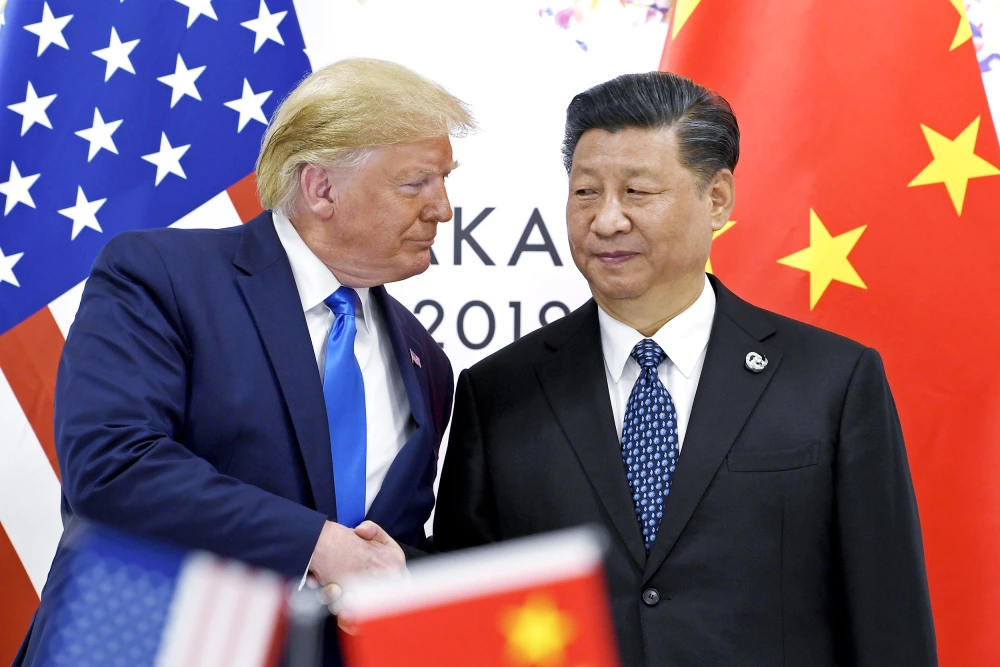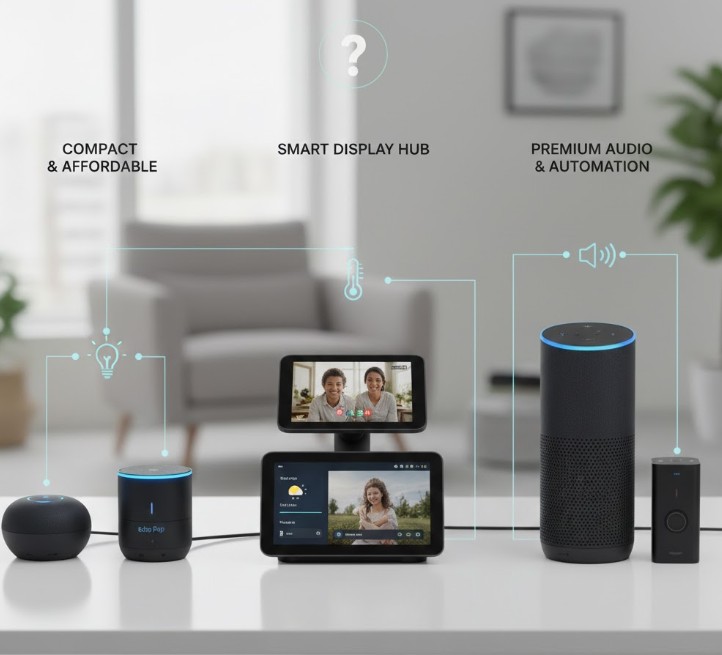My Geek Score: In an ongoing saga involving national security concerns, trade tensions, and tech monopolies, U.S. President Donald Trump recently engaged in a crucial phone call with Chinese President Xi Jinping. The topic of discussion was the future of TikTok, the popular video-sharing app that has been at the center of a geopolitical storm over the past several months. This conversation marks a significant step toward the possible resolution of the TikTok crisis, with both leaders seeking to finalize a deal that will address the mounting concerns in the U.S. regarding data security, while also maintaining the economic balance between the two global powers.
Background of the TikTok Controversy
TikTok, owned by the Chinese company ByteDance, has become a global phenomenon, especially among young users. The app allows users to create and share short-form videos, making it a powerful tool for self-expression and entertainment. However, its rapid rise has been met with increasing scrutiny from the U.S. government. Concerns about the app’s data practices, the potential for Chinese government surveillance, and the app’s connection to Beijing have led to calls for its ban in the U.S.
In August 2020, President Trump signed an executive order demanding that TikTok’s U.S. operations be sold to an American company or face a ban. The order raised alarms among TikTok’s millions of American users and put the company in a delicate position. ByteDance, the parent company of TikTok, denied allegations of data misuse and vehemently rejected claims that the Chinese government had access to TikTok’s data. However, the Trump administration continued to push for a sale of the app’s U.S. operations.
The Role of President Xi and China’s Interests
China’s President Xi Jinping has consistently defended the operations of Chinese tech companies, including ByteDance. China’s government has maintained that it does not exert control over companies in the same way that Western governments might expect. However, the government has also been known to leverage its influence over domestic corporations, raising fears among critics about the potential for government access to user data.
The discussions between Trump and Xi come amid heightened tensions between the two countries. Trade disputes, tariffs, and accusations of intellectual property theft have defined much of the relationship between the U.S. and China. The TikTok issue is just the latest in a series of diplomatic confrontations that highlight the broader struggle for technological supremacy between the two nations.
By speaking directly to Xi, Trump is signaling the importance of the issue. The finalization of a deal on TikTok could have significant implications not only for the app’s future but also for the broader U.S.-China relationship.
The Deal: Microsoft, Oracle, and Walmart
As the deadline for resolving the TikTok issue neared, a number of American companies expressed interest in acquiring TikTok’s U.S. operations. Among the front-runners were Microsoft and Oracle, two major tech firms with strong ties to the U.S. government. Microsoft was initially seen as the preferred bidder, offering a deal that would see it purchase TikTok’s U.S. operations, ensuring that all American data would be stored on U.S. soil.
In addition to Microsoft, Oracle also entered the bidding war. Unlike Microsoft, Oracle’s bid was seen as more aligned with Trump’s administration, with some reports suggesting that Oracle had the backing of key U.S. political figures. Oracle proposed that it would provide the necessary security assurances and would manage TikTok’s data operations, ensuring compliance with U.S. regulations.
Walmart, the retail giant, was also rumored to be interested in participating in the deal. Although it was unclear whether Walmart would take a leading role or serve as a strategic partner to one of the tech companies, the inclusion of Walmart in the talks reflected the broader economic stakes involved. The deal could potentially reshape the landscape of digital commerce and entertainment, allowing companies like Walmart to tap into TikTok’s massive user base for retail and advertising opportunities.
Trump’s Involvement and National Security Concerns
President Trump has made it clear that the decision to approve a deal is ultimately his to make, and he has been vocal about his concerns over TikTok’s data practices. He has repeatedly expressed skepticism about the idea of a Chinese-owned app storing sensitive U.S. user data, especially in light of national security threats and the ongoing trade war.
Trump has indicated that he would approve a deal only if it sufficiently addresses U.S. concerns regarding data privacy and security. The U.S. government is particularly concerned about the possibility that TikTok could be used by the Chinese government to collect data on American citizens, which could then be used for intelligence or propaganda purposes.
While the talks between Trump and Xi were initially centered on the sale of TikTok’s U.S. operations, the two leaders also discussed the broader strategic implications. The decision to allow TikTok to continue operating in the U.S. without a forced sale could be seen as a concession in the ongoing trade dispute between the two nations. On the other hand, the success of the deal would give Trump a victory in the eyes of his supporters, showing that he was able to address the concerns of national security while also striking a deal that appeased both American business interests and China.
A Path Forward for TikTok
For now, the TikTok situation remains fluid. While President Trump has signaled his willingness to finalize the deal, there are still many legal and regulatory hurdles to overcome. The U.S. government will need to ensure that any agreement made with a U.S.-based company adequately addresses national security concerns. TikTok, for its part, will need to ensure that the deal is structured in a way that safeguards its global operations and user base.
It remains unclear whether the proposed solutions, such as storing all U.S. user data on American soil or placing Oracle in charge of security, will be sufficient to satisfy both U.S. lawmakers and the Chinese government. There is also the possibility that the deal could face legal challenges, with opponents arguing that the sale of TikTok could set a troubling precedent for how U.S. tech companies are forced to sell their operations in other countries due to national security concerns.
Conclusion
The phone call between President Trump and President Xi Jinping is a significant step in the ongoing efforts to resolve the TikTok saga. As the two leaders continue their discussions, the future of the app remains uncertain. A deal could represent a win for both countries Trump could claim victory in protecting American data while allowing TikTok to continue operating, and China could maintain control over one of its most successful tech exports. However, many questions remain about the details of such a deal and whether it will be enough to quell the concerns of U.S. lawmakers and national security experts.







Leave a Reply